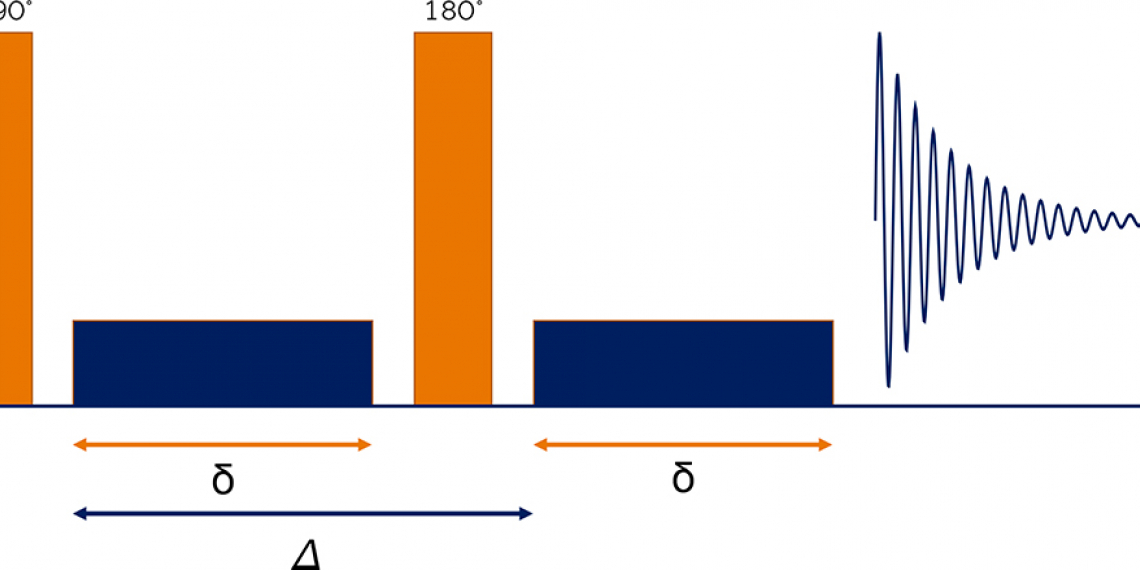
Benchtop NMR instruments have brought convenient, fast sample analysis into many research and industrial chemistry laboratories, but while early applications largely focused on basic 1D 1H NMR spectra, modern spectrometers offer many additional capabilities. One important example is the ability to measure self-diffusion coefficients, which can be used to extract physical information about a sample.
A benchtop NMR spectrometer equipped with Pulsed Field Gradient (PFG) hardware can use techniques such as the Pulsed Field Gradient Spin Echo experiment to determine diffusion coefficients of sample components by measuring change in NMR signal as a function of the PFG strength. Adding variable temperature capability allows the study of sample thermal behaviour under a range of expected working conditions. Finally, a single broadband benchtop NMR system can analyse the behaviour of multiple components in the given sample, a crucial aspect in understanding physical and chemical properties.

